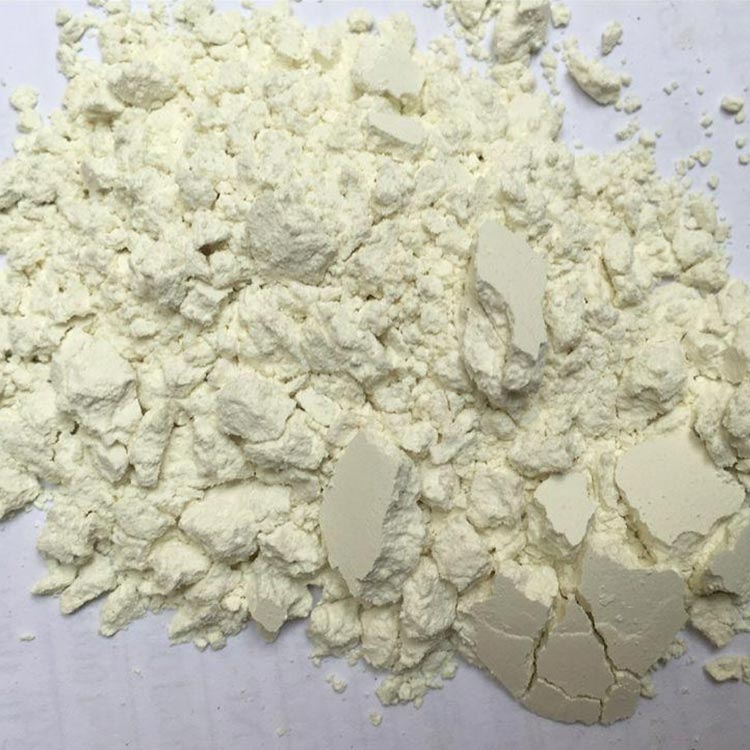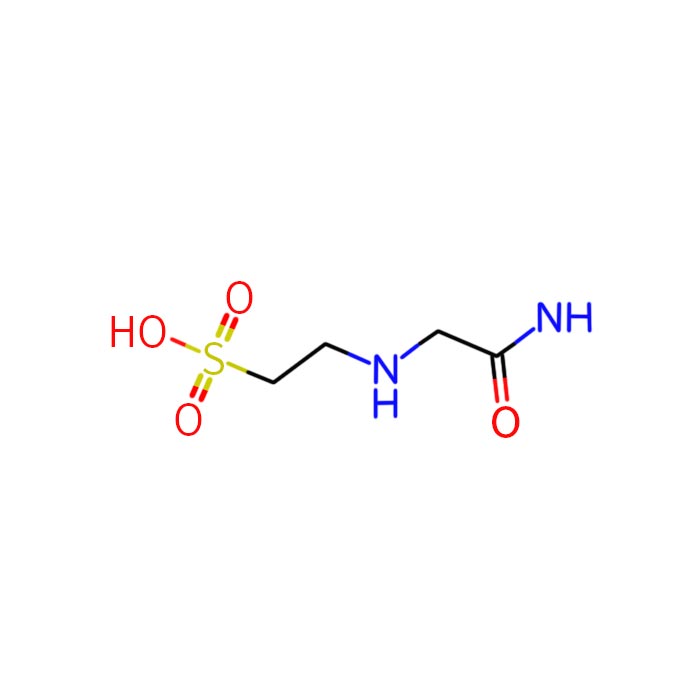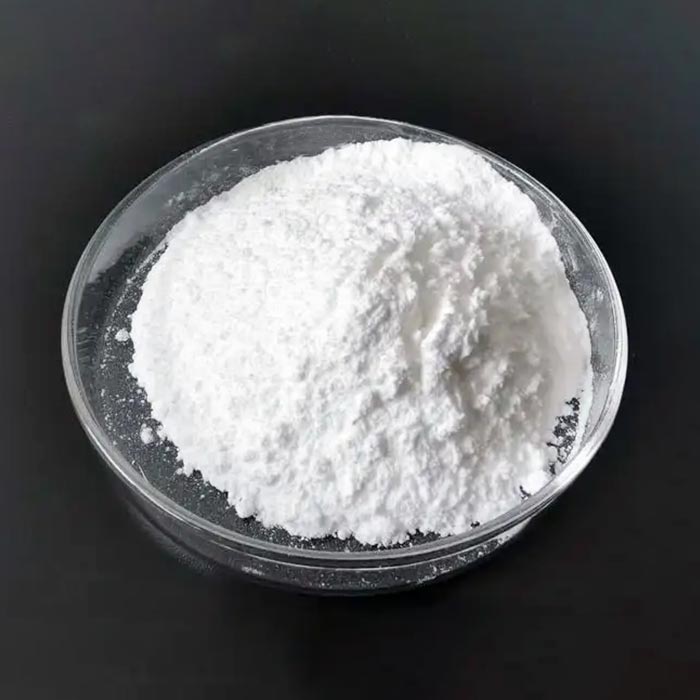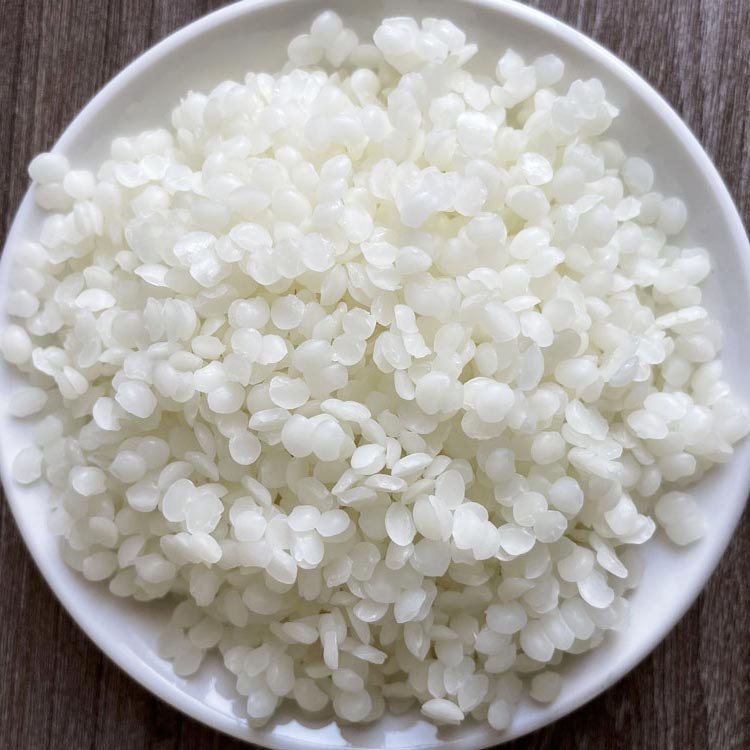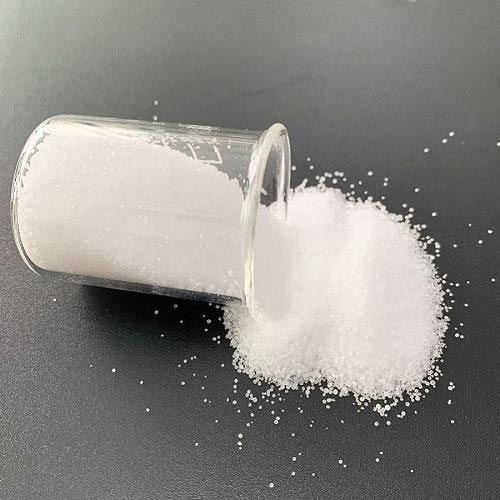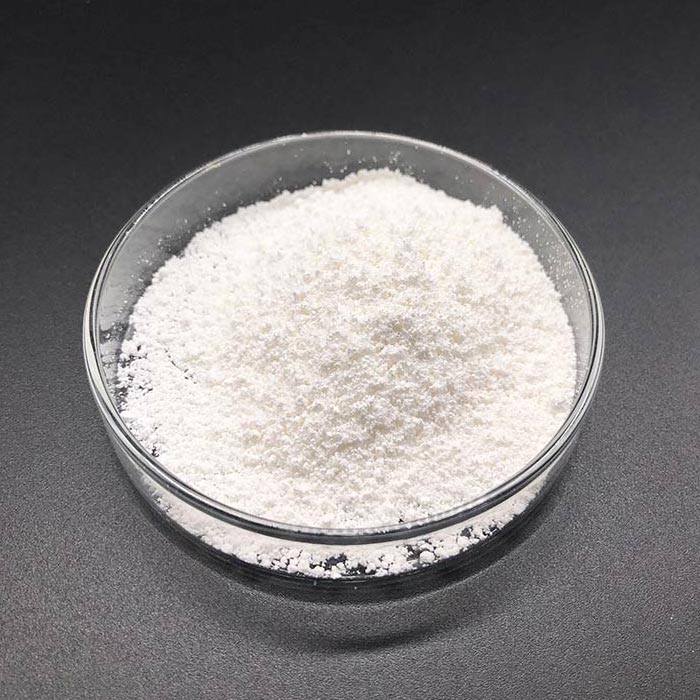PRODUCT
Product Center
Overview
Phosphatidylserine is an important membrane phospholipid present in bacteria, yeast, plants, and mammalian cells.
Phosphatidylserine is also known as compound neuraminic acid. It is abbreviated as PS and is extracted from the residue of natural soybean oil. It is an active substance in the cell membrane, especially in brain cells. Its main function is to improve the function of nerve cells, regulate the conduction of nerve impulses, and enhance the memory function of the brain. Due to its strong lipophilicity, it can quickly pass through the blood-brain barrier into the brain after absorption, soothing vascular smooth muscle cells and increasing blood supply to the brain.
Phosphatidylserine is a phospholipid. It exists in the cell membrane of your brain, or part of the cell, which protects the inside of the cell from the influence of the external environment. Phospholipids are fats containing the mineral phosphorus. Phosphorus is an important component of bones, teeth, and DNA.
Phosphatidylserine is a chemical that is important for many functions of the human body, especially the brain. Most foods contain small amounts of phosphatidylserine.
Phosphatidylserine is part of the structure of human cells. The body can make phosphatidylserine, but most of the phosphatidylserine it needs comes from food. Phosphatidylserine can also be taken as a supplement. These supplements were once made from cow brains. Now they are usually made from cabbage or soy.
Phosphatidylserine is used to treat Alzheimer's disease and normal age-related decline in memory and thinking skills. It is also used to improve athletic performance, ADHD, and many other uses, but there is no good scientific evidence to support these uses.
MESSAGE
Related recommendations
Please leave us a message

